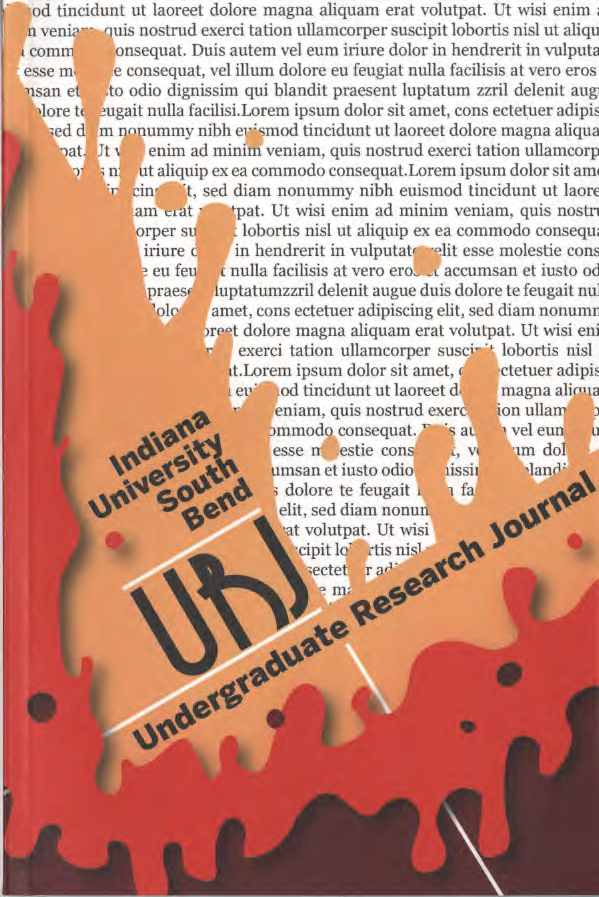Migrant Mothers
Main Article Content
Abstract
For some poor families in the developing world, a devastating choice may face them: a choice between livng in deep poverty and splitting up the family. At least one parent, usually the mother, might move to another more affluent country to earn higher wages for her family. She often sends the majority of her earnings back to her family so they can enjoy a better life. For example, Rowena Bautista earns $750 each month in the United States and sends $400 to her children in the Philippines (Hochschild 18). Food, shelter, and education are all something often taken for granted in developed countries, but are all reasons why a mother from the Philippines might live and work in the United States, Hong Kong, or another foreign location where wages are higher, for instance. No matter how necessary this migration might be for a family's basic necessities and wellbeing, a migrant worker and her family risk suffering through numerous hardships. Migrant work could lead to several negative consequences for the worker, including family troubles, abuse, and health issues.
